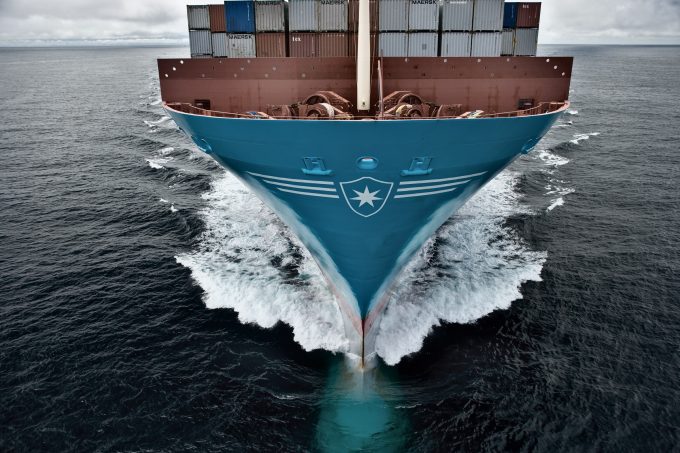Gemini and logistics growth now the focus as APMM posts healthy profits
Strong freight rates and resilient container shipping volumes for most of last year delivered healthy ...

The British International Freight Association (BIFA) has criticised the proposed introduction of a new fuel surcharge by shipping lines in advance of the 202o global sulphur cap, describing it as “unjustified” and arguably “blatant profiteering”.
This week Maersk Line announced plans to introduce a new bunker adjustment factor (BAF) surcharge for 1 January 2019, a year ahead of the new laws reducing the sulphur content of shipping fuel.
Depending on the fuel price at the time, this could see the cost of shipping a 40ft container on the Asia -North ...
Asia-USEC shippers to lose 42% capacity in a surge of blanked sailings
Why ROI is driving a shift to smart reefer containers
USTR fees will lead to 'complete destabilisation' of container shipping alliances
New USTR port fees threaten shipping and global supply chains, says Cosco
Transpac container service closures mount
Outlook for container shipping 'more uncertain now than at the onset of Covid'
DHL Express suspends non-de minimis B2C parcels to US consumers

Comment on this article
Gary Ferrulli
September 19, 2018 at 3:13 pmTwo comments; profiteering, is that what carriers have done in last decade? or losing more than $20. Billion and cutting rates by 50% (Alphaliner report) in last 20 years? The fuel costs started upward journey in first quarter 2017 and by now have increased by 60%, yet surcharges introduced in July 2018 with huge list of exempted shippers. All in rates were opposed by shippers for decades, they wanted transparency to see if fuel went up, they could see why. If terminals went up due to labor, they could see why. If currency goes up, they can see and calculate. Now they want all in rates – why?
They have been used to lower rates for over a decade, dealing with an industry that has lost money for the past decade. They clamor for transparency and notification, here there are months of notification. So when they see this they complain as it isn’t their norm – lower and lower rates. Has nothing to do with cost of service. The one real complaint they can make is- who will it apply to, and as importantly, who won;t have to pay it? Carriers are notorious for creating charges and gri’s while writing thousands of contracts that exempt the gri’s and surcharges. That is a legitimate complaint from the small and medium sized shippers, they bear the brunt of the additional costs. It’s the carrier decision making process that has created this reality and educated a generation or two of shippers that rates and charges only go down. Anything else is profiteering.